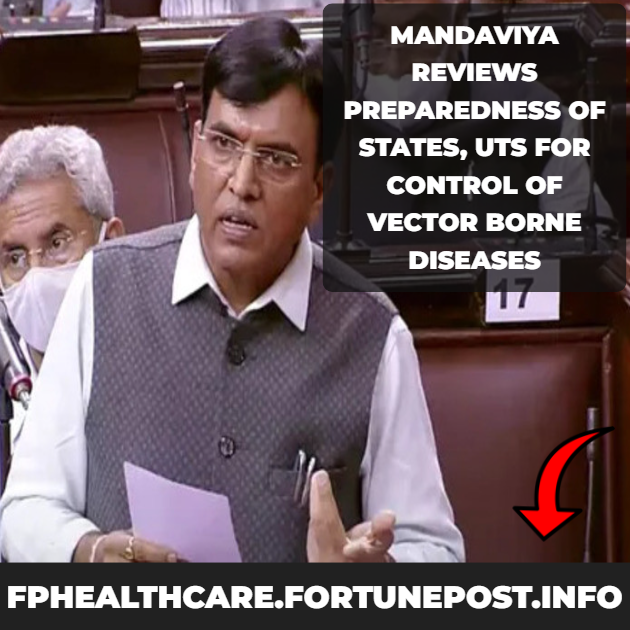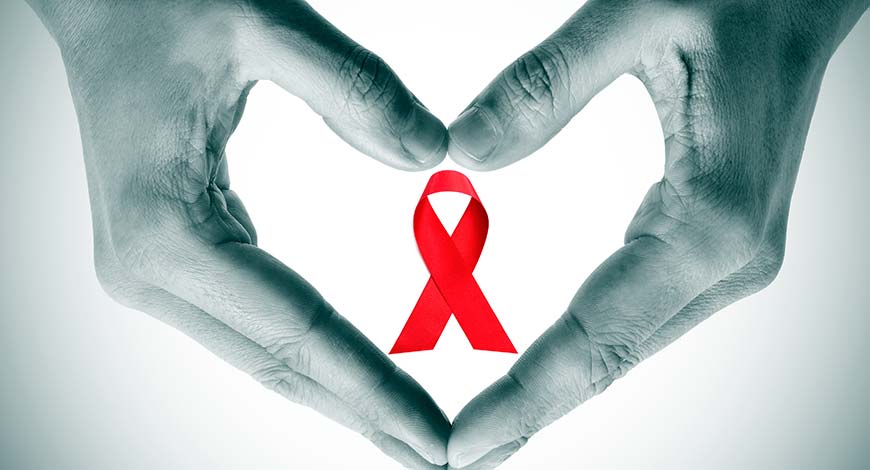Union Health Minister Dr. Mansukh Mandaviya Vector-Borne Diseases are of six types (Malaria, Dengue, Chikungunya, Japanese Encephalitis, Lymphatic Filariasis, Kala-Azar). They are seasonal and outbreak prone with all except lymphatic Filariasis showing outbreaks during monsoon and post-monsoon periods generally.

Union Health Minister Dr. Mansukh Mandaviya on Friday virtually reviewed the preparedness of the states for the prevention and control of vector-borne diseases such as malaria, dengue, chikungunya, Kala-azar (visceral leishmaniasis), and Japanese Encephalitis, ahead of the monsoon season.
Underscoring the importance of advance preparedness and joint efforts, the Union Health Minister stated, “We effectively reduce the disease burden with proactive preparation anticipating the health requirements and making adequate provisions for them ahead of time.”
The Union Health Minister, Dr Mansukh Mandaviya exhorted states to make optimum utilization of the budget for investing in state health infrastructure, reiterating that prevention measures implemented lead to decreased disease burden, stated a government release.
Dr. Mandaviya asked the states to share best practices and innovative public health measures taken by them to prevent and control vector breeding, along with community mobilization and awareness creation. He also urged community participation by enhancing and emphasizing behavioral campaigns and information education communication to villages, schools, and neighborhoods.
The States were advised to involve Ayushman Bharat- Health and Wellness Centres for notification of cases, case management, and ensuring community engagement through the IEC/Social Mobilisation campaign. They were also assured of the timely availability and effective distribution of drugs/diagnostics as well as any other required resources specified by the states.
Various states that have performed notably in reducing the burden and eliminating it in various districts were commended by the Health Minister. The states shared examples of special campaigns and initiatives taken up for community mobilization and participation, mass awareness, timely surveillance and treatment.
Vector-Borne Diseases are of six types (Malaria, Dengue, Chikungunya, Japanese Encephalitis, Lymphatic Filariasis, Kala-Azar). They are seasonal and outbreak prone with all except lymphatic Filariasis showing outbreaks during monsoon and post-monsoon periods generally. National Center for Vector Borne Diseases Control (NCVBDC) formulates policies/guidelines and provides technical, and financial assistance (as per National Health Mission norms) to the States/UTs for the prevention and control of these diseases.
The Chief Minister of Sikkim, Health Ministers from 22 States, Principal Secretaries (Health), MD NHM, and senior officers from the States virtually joined the review meeting. Sudhansh Pant, Officer on Special Duty, MoHFW was also present.
Rajiv Manjhi, Joint Secretary, Dr. Tanu Jain, Director, Dr. Atul Goel, Director General Health Services (DGHS), and other senior officers of Union Health Ministry were present in the virtual review meeting along with Mission Directors and other senior officials from States/UTs.













